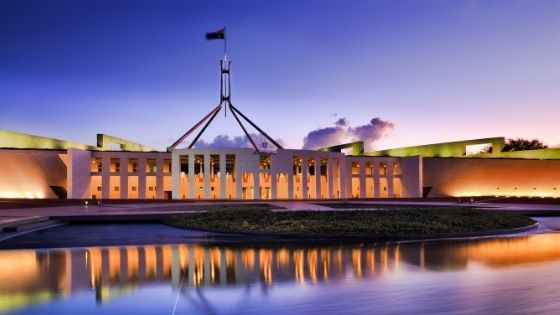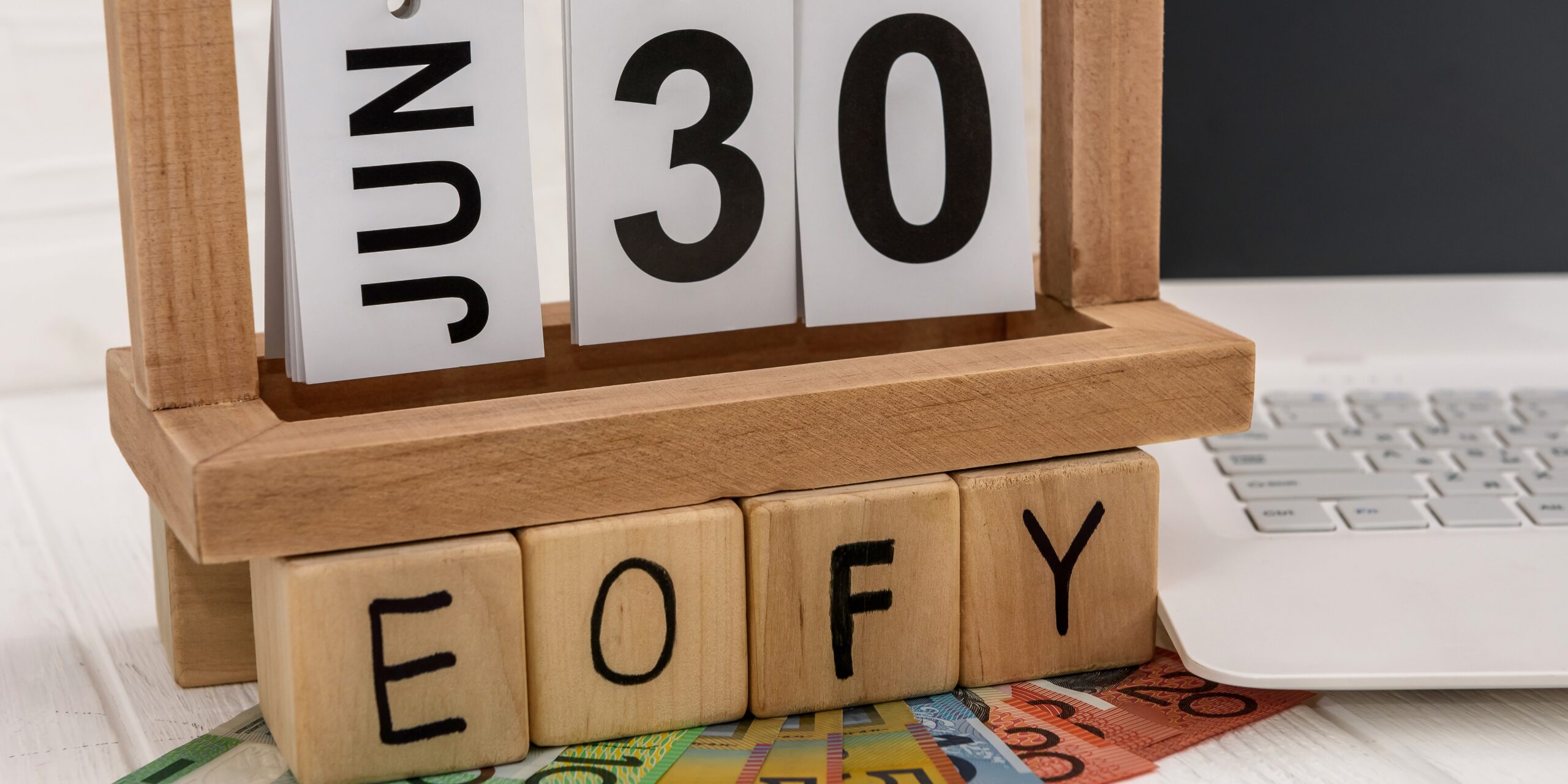Heard of Bitcoin, Ethereum and dogecoin?
These are a few common cryptocurrencies available in the digital world.
“Crypto” is a virtual currency that nobody controls and there are no physical notes or coins, it’s a transfer of digital assets. That’s right “assets” which triggers crypto tax that you need to be mindful of when preparing your tax return.
In the last few years, the ATO has been targeting crypto and it’s important to understand the tax consequences of owning these cryptocurrencies. If you sold, bought or earned interest from crypto during the last financial year, you’ll need to declare this in your next tax return. The ATO has information when you sign up to Australian crypto exchange or wallets and they are increasing their number of sources to track this data. So, if you have dabbled in crypto, it’s best to speak to your accountant and let them know of your crypto transactions so you don’t get caught out.
Crypto gains can be a very complicated topic to understand as it will depend on your personal circumstances as well as the specific transactions you’re making. Generally, like any asset you own, if you sell or trade/exchange a crypto this is a tax event and the gain or loss on this will need to be reported in your tax return.
Disposing of one cryptocurrency to acquire another cryptocurrency is also treated by the ATO as a taxable event. As there is no physical money being received in this type of exchange, the market value of the cryptocurrency you receive needs to be accounted for in AUD dollars.
The ATO has confirmed that when you’re moving crypto around between your own wallets, this is not a disposal and you don’t need to report it (i.e. not sold or exchanged to another form of crypto and not transferred into someone else’s name as beneficiary). This is because you retain ownership of them and they remain in the same currency. However, you need to keep track of the original costs and fees on transfer of the transferred coins and keep sufficient proof of it.
There is software available to help track and store this data such as Koinly, Ledger Vault and CoinTracker to name a few. Each provides a summary of the buys, sells, gains, losses and portfolio summary for the financial year as well as a detailed tax report.
The most important thing to remember is to keep a record of all your transaction events and to disclose your transactions to your accountant so we can assess and advise on the potential tax implications of how you trade.
CONTACT ALLAN HALL









